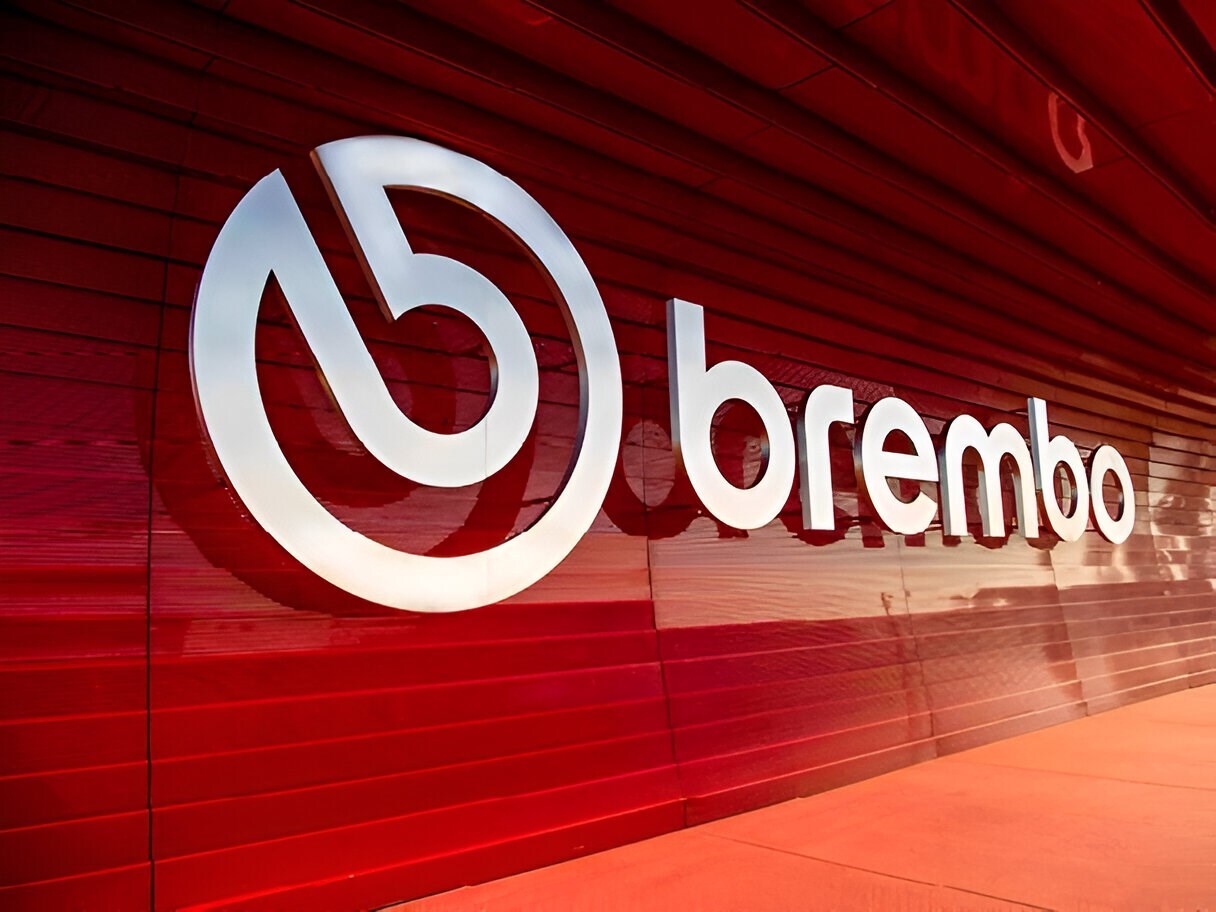

After more than five years of research and development, an Italian multinational company founded in 1961 that designs and produces high-performance braking systems and components for vehicles, Brembo has finally launched the industry’s first calliper. These callipers are made entirely with recycled aluminium. The alloy is now being used in its original equipment callipers, marking a turning point in the company’s sustainability journey.

Image for representational purposes only
Also read - American Aluminium Industry: The Path Forward
The initiative, which began in 2020, was meant to cut the carbon footprint of Brembo’s production cycle. A full assessment highlighted that aluminium offered the greatest potential for impact, thanks to its ability to be infinitely recycled without losing quality.
Searching for the right alloy
Brembo’s R&D team scouted alloys globally. The goal was clear: maintain the same mechanical performance, safety and castability while cutting emissions. After years of trials, they identified an alloy made from 100 per cent recycled aluminium.
The result is impressive. CO₂ emissions across the lifecycle of each calliper fall by up to 70 per cent compared to conventional alloys. Just as crucial, the alloy is available in all regions where Brembo operates, making global scaling possible.
Redesigning for sustainability and brand identity
Switching to the new alloy meant more than just changing materials. Brembo has reassessed the calliper’s form and adjusted its manufacturing lines to ensure performance and aesthetics. Customers will not notice a drop in quality; the callipers retain Brembo’s distinctive shapes and colour customisation.
To signal the change, Brembo has registered a new ALU trademark logo, which will appear on callipers made with recycled aluminium.
“The adoption of recycled aluminium in the production of our iconic brake callipers embodies our ongoing commitment to innovation for sustainability,” said Daniele Schillaci, CEO of Brembo. He added: “This solution is designed to meet the highest standards of performance and environmental responsibility.”
Also read: The demand for German aluminium tubes and aerosol cans has declined
Responses








